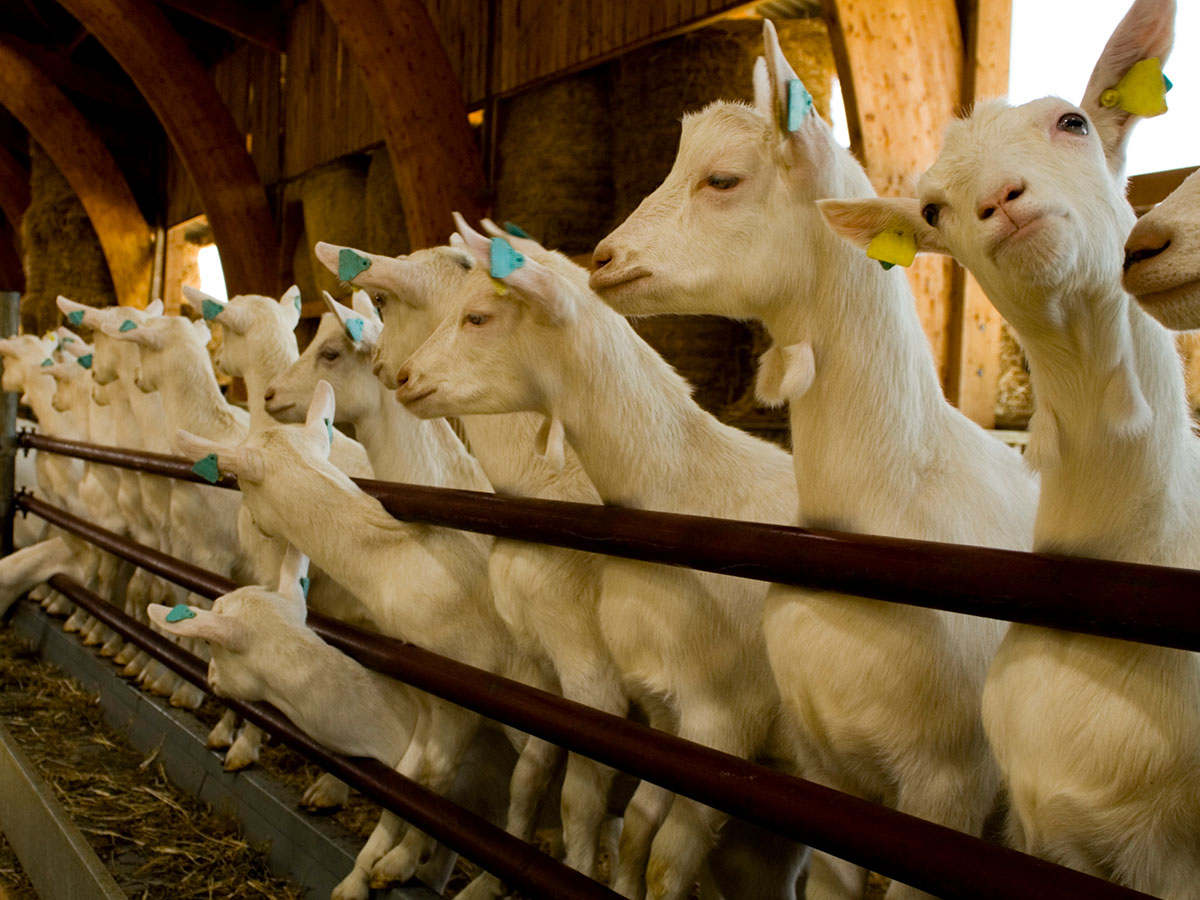The Livestock Production Assurance (LPA) program is the Australian livestock industry’s on-farm assurance program managed by the Integrity Systems Company (ISC), a subsidiary of MLA.
To access National Vendor Declarations (NVD), a requirement for selling livestock in Victoria, you must be LPA accredited. Being accredited under LPA means you agree to abide by the seven LPA rules and standards and commit to using specific practices which ensure that Australian red meat is safely and ethically produced. A guarantee that you stand by what you sell.
October 2017 saw some changes made to the LPA program, including the introduction of two new components; biosecurity and animal welfare. These components require you to have a biosecurity plan in place, as well as an understanding of and access to the Australian Animal Welfare Standards and Guidelines. From June 1 2018 LPA audits will enforce these requirements.
LPA audits have been undertaken for 14 years, with 2000 audits currently held each year. Yet the looming question remains;
How do I prepare for an LPA audit?
AUS-MEAT has 20 years of auditing and certification experience in the livestock industry. They have been conducting LPA audits on behalf of the ISC since the program’s inception in 2004.
AUS-MEAT’s LPA Program Manager, Mr Craig Firrell, recommends the following top three tips to help producers prepare for an audit:
- When you receive the letter informing you that you have been selected for an audit don’t panic. Remember you did at some stage – around the time you purchased your first NVD booklet – agree that you would participate in an LPA audit.
- Spend some time reading the documentation provided and, if you haven’t already, start to fill in the records required for LPA and complete the Animal Welfare Training on-line.
- Look at the audit as an opportunity to learn more about LPA and improve the systems you have in place on your property. When the auditor contacts you to arrange a suitable time for your audit, ask them what they will be looking at, and make sure you have these records out in the office or on the kitchen table when they come.
Who gets audited?
If you have sold stock in the past 14 years using an NVD book, you are currently LPA accredited.
LPA accredited properties will be selected at random for an audit. When selected, you will receive an LPA Audit Notification Pack which will both inform you that you will undergo an audit and provide you with information on how to prepare. An auditor will then contact you to arrange a mutually convenient time for the audit to take place.
Livestock producer Geoff Cain was recently audited on his property, Selkirk East Pastoral, in Strathdownie, Victoria. Mr Cain admits to feeling nervous when he received the phone call to organise a time to undergo the audit. However, he got a pleasant surprise with the level of advice and support offered by the auditor.
It was recommended that Mr Cain look at the LPA Farm Records booklet to help him prepare for the audit. The booklet steps through the seven components of LPA, providing templates for the required records.
“The booklet was really useful, I couldn’t recommend it enough. You just work through each chapter and it tells you what you need to fill in,” said Mr Cain.
“It took me a bit of time to go through and dig up all the details I needed, but the book now has me set up and back in the groove of record keeping for the future.”
This booklet is available to download from www.mla.com.au/lpa or by calling the LPA helpdesk on 1800 683 111. It is one of many templates available, with some producers even creating their own templates to best suit their enterprise.
An audit does not need to be an intimidating or challenging experience. It is a great opportunity to identify areas that can be improved in your business.
